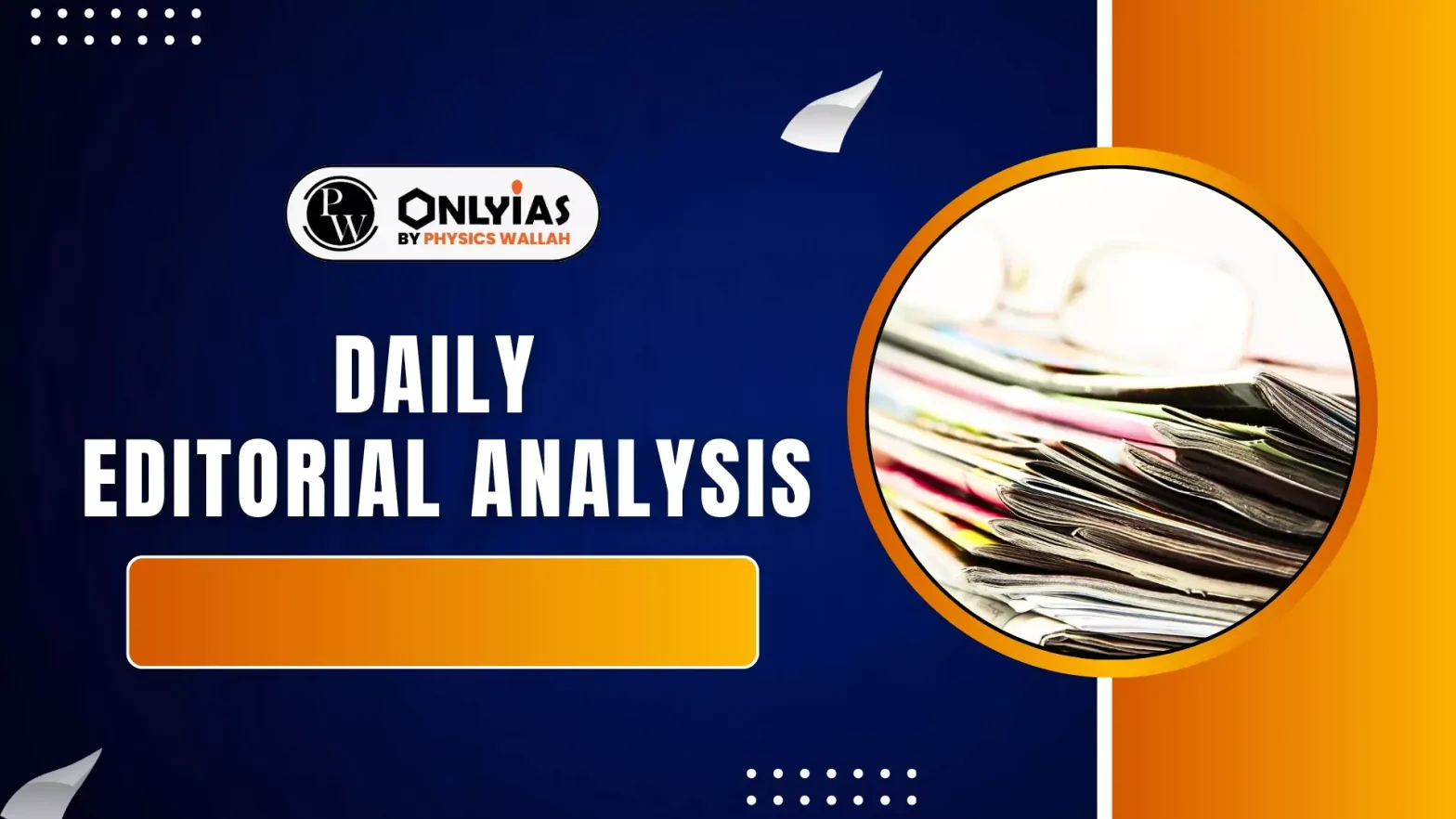| Dimensions |
UPSC |
State PSCs |
| Institutional Autonomy |
- Functions in a politically insulated environment; members appointed based on merit, seniority, and national-level experience.
|
- Operate in politically permeable environments; appointments often influenced by political patronage rather than merit.
|
| Membership Profile |
- Members usually above 55 years, with strong reputations for competence, integrity, and independence.
|
- Membership often reflects local political considerations; varying levels of experience and independence.
|
| Manpower Planning & Administrative Support |
- Supported by the Union Government’s predictable manpower needs and a dedicated Ministry of Personnel, enabling timely vacancy communication and regular exam cycles.
|
- Irregular manpower planning in states; absence of a dedicated personnel ministry leads to inconsistent vacancy notifications and irregular exam schedules.
|
| Syllabus Revision |
- Periodically revises syllabi through expert committees of academics and civil servants, ensuring national-level academic relevance.
|
- Syllabi are revised infrequently and depend on limited local academic resources, reducing relevance and quality.
|
| Expert Pool for Paper Setting |
- Access to a broad national expert pool for setting and evaluating papers, ensuring uniformity and objectivity.
|
- Constrained by a narrow expert base, resulting in inconsistent paper quality and higher error vulnerability.
|
| Moderation Mechanisms |
- Employs robust inter-se moderation to minimise subjectivity and ensure uniform evaluation standards.
|
- Weak moderation systems lead to wide score variation, inflated/depressed marks, and recurring allegations of bias.
|
| Procedural Corrections & Accountability |
- Responds swiftly to procedural lapses, balancing transparency and confidentiality, keeping litigation low.
|
- Procedural lapses often escalate due to delayed action, increasing legal disputes and public distrust.
|
| Reservation Handling |
- Handles reservation policies with stable, nationally uniform guidelines.
|
- Faces complexity in applying vertical, horizontal, and zonal reservations, increasing chances of legal challenges.
|
![]() 25 Nov 2025
25 Nov 2025


